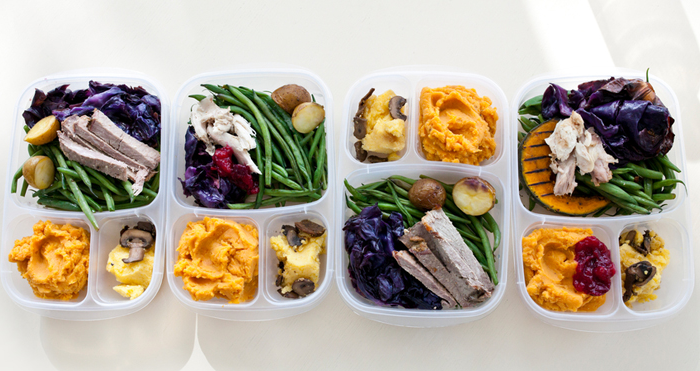In today’s world, where every penny counts, grocery shopping can feel like a daunting task. The ever-increasing prices of fresh produce, packaged goods, and household staples can put a strain on even the most carefully crafted budgets. However, with a few smart shopping strategies and a commitment to reducing food waste, you can significantly lower your grocery expenses without compromising the quality and variety of your meals. You can also save money while eating healthy. Check out this blog post as we discuss how you can save money and reduce food waste.

Plan Your Meals, Conquer the Aisles
The path to grocery savings begins with planning. Before you step foot in the supermarket, take some time to plan your meals for the week. This will help you create a shopping list that only includes the ingredients you need, preventing impulse purchases and unnecessary spending.
Embrace the Bounty of Seasonal Produce
Seasonal produce is not only more affordable but also bursting with flavour and nutrients. Take advantage of nature’s seasonal offerings by incorporating fresh fruits and vegetables into your meal plans. Not only will you save money, but you’ll also enjoy the peak flavours and nutritional benefits of these seasonal gems.
Befriend the Frozen Aisle
Don’t underestimate the power of the frozen aisle. Frozen fruits and vegetables are often just as nutritious as their fresh counterparts, and they can be incredibly cost-effective. Plus, they have a longer shelf life, reducing the risk of spoilage and food waste.
Bulk Up Strategically
While buying in bulk can save money, it’s essential to choose wisely. Opt for non-perishable items that you use regularly and in large quantities, such as rice, beans, canned goods, and frozen foods. Avoid bulk purchases of items that may spoil or that you don’t use frequently.
Embrace the Beauty of Imperfect Produce
Many grocery stores offer discounted produce that may have minor blemishes or imperfections. These items are perfectly edible and just as nutritious as their flawless counterparts. By embracing imperfect produce, you can save money and reduce food waste.
Mindful Grocery Shopping Habits
Adopt mindful shopping habits to prevent impulse purchases and overspending. Avoid shopping when hungry, as hunger can lead to emotional buying. Stick to your shopping list, and avoid being lured by enticing displays or promotional offers.
Store Food Smartly
Proper food storage is crucial for reducing spoilage and maximizing the lifespan of your groceries. Learn proper storage techniques for different types of food, such as keeping produce in the crisper drawer, storing bread in a cool, dry place, and freezing meats and dairy products promptly.
Creative Leftover Utilization
Don’t let leftovers languish in the fridge. Get creative with leftovers by turning them into new meals or snacks. Leftover roasted vegetables can be incorporated into a frittata or soup, while leftover chicken can be transformed into a salad or sandwich filling.
Embrace the Power of Composting
Composting food scraps is an eco-friendly and sustainable way to reduce food waste. By composting, you not only divert organic waste from landfills but also create nutrient-rich compost that can nourish your garden.
Conclusion
Saving money on groceries doesn’t just benefit your wallet; it also contributes to a more sustainable food system. By adopting smart shopping strategies, reducing food waste, and embracing mindful food practices, you can become a grocery-savvy shopper, saving money while contributing to a healthier planet.

